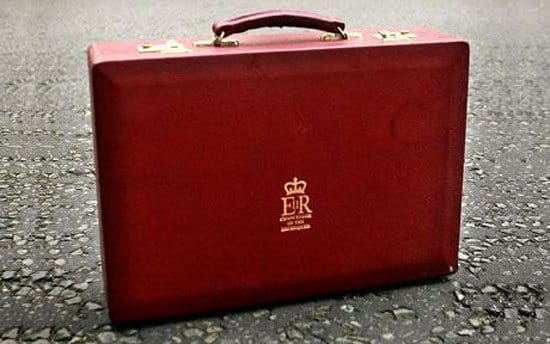Headlining the recommendations in the Forum’s Budget submission are calls for further action to support small firms with rising business costs including a fundamental review of business rates. In addition, Forum members also would like to see further action to combat rising fuel costs by considering the phasing out of VAT on the fuel duty element of pump prices.
The Forum is also calling on George Osborne to introduce effective measures to tackle late payment, which remains a key concern for small firms when it comes to cash flow and managing finances. These include making it compulsory for large firms to make their payment statistics public and easier for smaller firms to challenge unfair payment practices.
The Forum would also like to see measures introduced to encourage small firms to make the business investment needed to ensure a sustainable recovery. These include the introduction of an export credit scheme to support small businesses looking to explore growth into overseas markets, and further support for skills development through an extension to existing grants for small business employers.
Commenting on the submission, Phil Orford MBE, Chief Executive of the Forum of Private Business, said: “The Chancellor has admitted that a recovery based on consumer spending is unsustainable and that encouraging businesses to invest and export will be key to ensuring a long-lasting sustainable recovery. The Chancellor must not forget that small firms as well as households continue to face an uphill battle to make ends meet. What our members want to see on March 19th is a Budget that takes decisive action to reduce rising business costs, cut red tape to improve confidence, make it simpler and more profitable to run a small business and encourage the investment essential for a sustainable recovery.
“Small businesses are grateful for the measures announced in the Autumn Statement to mitigate the rising costs of business rates, but a more fundamental review is needed, and sooner than 2017. The Government should bring forward the 2017 proposed review to after the election, a commitment we would like to see all parties have in their manifestos.
“On fuel duty, again businesses will welcome the measures to tackle the increasing costs but again there needs to be a more thorough review. VAT is a consumption tax based upon the sale of products or services. The principle of having to pay a VAT on a fuel duty tax at the fuel pump is fundamentally unfair and raises the average litre cost by more than 10p. We would welcome the Government looking at phasing that out.
“We are looking at a recovery but businesses need time to invest in skills and training and take proper advantage of the better trading conditions. With many facing new pension costs over the next two years, now is not the time to also be raising the National Minimum Wage significantly above inflation, especially when many businesses paying more than that rate cannot afford significant pay rises to their staff due to profitability concerns and cash constraints.
“UKTI and UKEF are providing innovative and helpful solutions to get more businesses exporting which is a key element needed to ensure a sustainable recovery. We have proposed a new, end point incentive that will see companies’ tax bills reduce if they focus more of their growth on exporting. Getting Britain trading more overseas is the key to a genuine recovery.”


